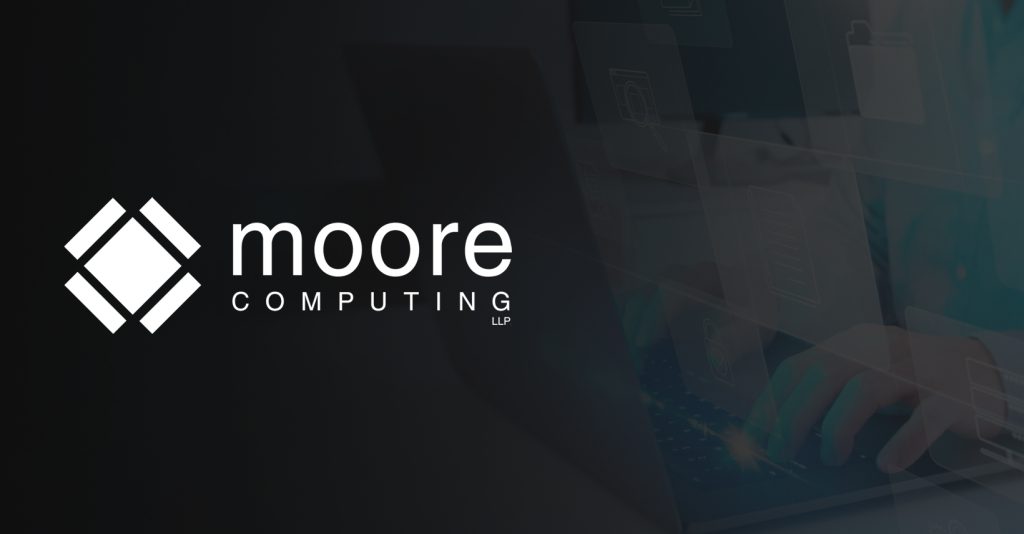In today’s digital age, IT compliance and regulatory standards are essential for businesses of all sizes.
With cyber threats on the rise and increasing scrutiny from regulatory bodies, organizations must adhere to industry-specific compliance requirements to safeguard sensitive data, maintain operational integrity, and avoid costly penalties.
For a premier IT company and consulting firm, ensuring compliance and a value-added service for clients seeking to navigate the complex regulatory landscape are necessary.
Understanding IT Compliance
IT compliance refers to the adherence to rules, regulations, and industry standards governing how businesses manage, store, and protect data. The design of these regulations enhances cybersecurity, protects consumer privacy, and ensures business continuity.
Failure to comply with these standards can lead to legal penalties, financial losses, reputational damage, and, in severe cases, business closure.
As technology evolves, regulatory bodies continue introducing new compliance frameworks, making it essential for businesses to stay current with current requirements.
Why IT Compliance Matters
Protecting Sensitive Data
One of the main objectives of IT compliance is to ensure that sensitive data—such as customer information, financial records, and intellectual property—is protected from unauthorized access, breaches, and misuse.
With increasing cyberattacks and data breaches, businesses must implement robust security protocols to safeguard their digital assets.
Compliance frameworks, such as the General Data Protection Regulation (GDPR) and the California Consumer Privacy Act (CCPA), enforce strict guidelines on how organizations collect, store, and process personal data.
Adhering to these regulations minimizes the risk of data exposure and builds customer trust.
Avoiding Legal and Financial Penalties
Non-compliance with regulatory standards can lead to hefty fines and legal actions.
For example, violations of GDPR (a European regulation) can result in penalties of up to €20 million or 4% of annual global revenue, whichever is higher. While this example isn’t typical for U.S.-based organizations, it is essential to see how severe punishment for violations can be.
Similarly, non-compliance with Health Insurance Portability and Accountability Act (HIPAA) regulations in the healthcare sector can lead to fines ranging from thousands to millions of dollars.
By proactively adhering to compliance requirements, businesses can avoid unnecessary financial losses and maintain a strong legal standing.
Enhancing Cybersecurity Measures
Regulatory standards often require businesses to implement stringent cybersecurity measures to mitigate risks associated with cyber threats. Compliance frameworks such as the National Institute of Standards and Technology (NIST) Cybersecurity Framework and ISO/IEC 27001 provide best practices for data security, network protection, and risk management.
Implementing these security measures helps businesses prevent cyberattacks, detect vulnerabilities, and respond effectively to security incidents, ultimately reducing downtime and reputational damage.
Strengthening Business Reputation and Customer Trust
In an era where data privacy concerns are at an all-time high, customers expect businesses to handle their information responsibly.
Companies that demonstrate compliance with industry regulations signal to clients, partners, and stakeholders that they take security and data protection seriously. A strong compliance posture enhances business reputation and fosters customer trust, increasing customer retention and loyalty.
Many enterprises and government agencies require their vendors to comply with specific IT security standards before engaging in business relationships, making compliance a competitive advantage.
Ensuring Business Continuity and Disaster Recovery
IT compliance regulations often emphasize the importance of business continuity planning and disaster recovery strategies. Standards like SOC 2 (Service Organization Control 2) and the Federal Risk and Authorization Management Program (FedRAMP) require organizations to implement disaster recovery plans, data backup policies, and incident response procedures.
A well-defined continuity plan ensures businesses can quickly recover from cyberattacks, natural disasters, or system failures, minimizing downtime and financial losses.

Key IT Compliance Regulations and Standards
Different industries must comply with specific regulatory standards based on operational requirements and data-handling practices. Below are some of the most widely recognized IT compliance regulations.
- GDPR (General Data Protection Regulation): Enforces data protection and privacy regulations for businesses operating in the European Union.
- CCPA (California Consumer Privacy Act): Regulates how businesses collect and use consumer data in California.
- HIPAA (Health Insurance Portability and Accountability Act): Protects sensitive patient health information in the healthcare industry.
- PCI DSS (Payment Card Industry Data Security Standard): Ensures secure handling of credit card transactions.
- SOX (Sarbanes-Oxley Act): Establishes financial reporting and auditing requirements for publicly traded companies.
- ISO/IEC 27001: International standard for information security management systems.
- NIST Cybersecurity Framework: A set of guidelines to improve cybersecurity risk management.
- SOC 2 (Service Organization Control 2): Defines criteria for managing customer data based on security, availability, and confidentiality.
- FedRAMP (Federal Risk and Authorization Management Program): Sets security standards for cloud service providers working with U.S. federal agencies.
How an IT Consulting Firm Can Help with Compliance
Navigating the complex world of IT compliance can be challenging for businesses, especially those lacking in-house expertise.
A top-tier IT consulting firm can provide essential services to ensure organizations remain compliant and secure.
- Compliance Audits: Conducting thorough assessments to identify compliance gaps and areas for improvement.
- Risk Management: Implementing security frameworks and best practices to mitigate cybersecurity risks.
- Policy Development: Creating company-wide IT security policies to meet regulatory requirements.
- Employee Training: Educating staff on data security practices and compliance responsibilities.
- Continuous Monitoring: Providing ongoing security monitoring and incident response solutions.
By partnering with an experienced IT consulting firm, businesses can stay ahead of regulatory changes, minimize security risks, and maintain a robust compliance posture.

Work With Moore Computing
IT compliance and regulatory standards are not just legal requirements but fundamental to protecting businesses, customers, and sensitive data from cyber threats and operational risks.
A proactive approach to compliance ensures business continuity, enhances security, and fosters trust among clients and stakeholders.
Our team at Moore Computing is ready to help small businesses get their cybersecurity and IT needs under control. Contact us today to learn how we can take your small business to the next level.

